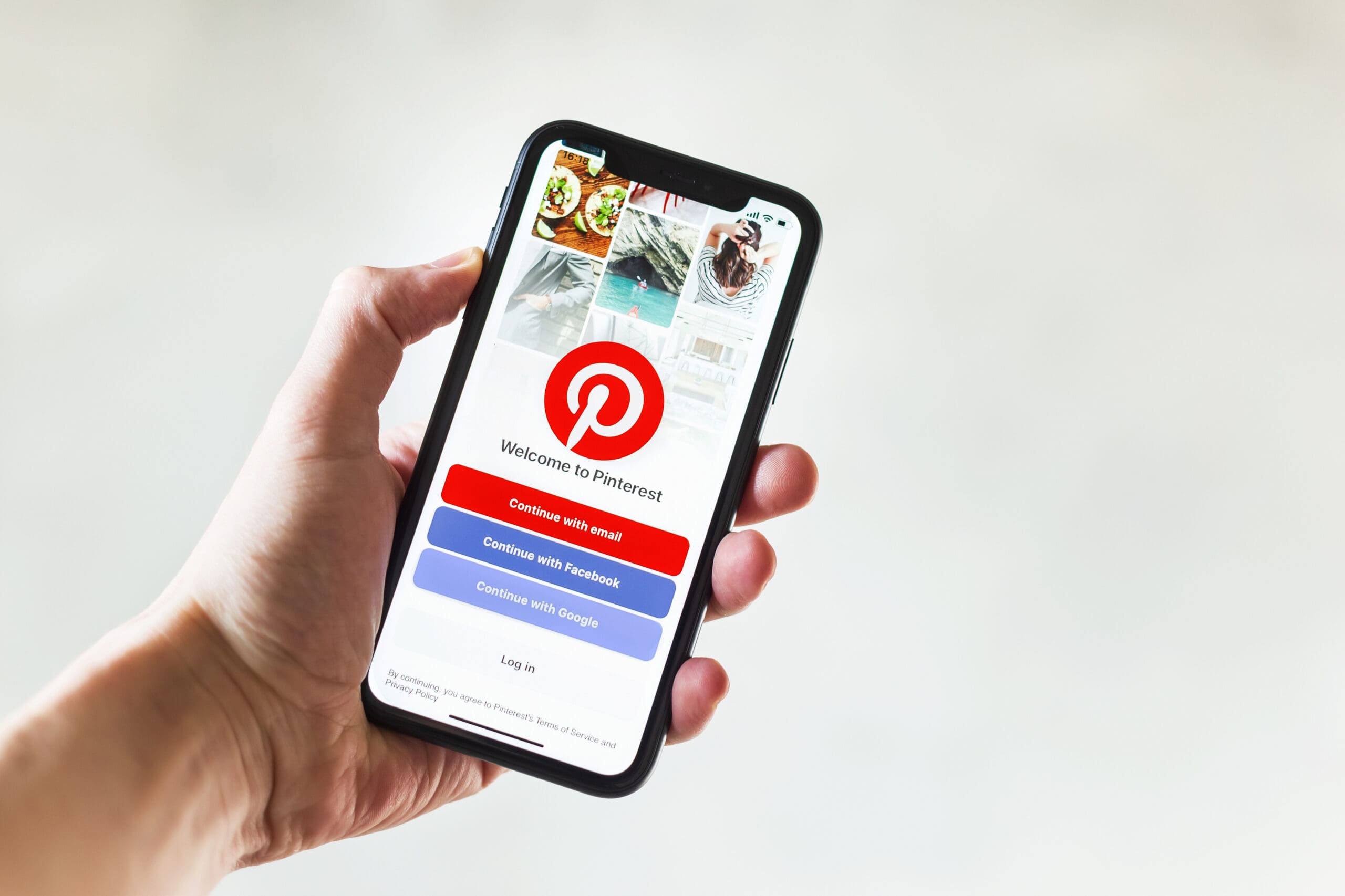Cash flow can be a problem for a majority of small businesses. As a way to drive sales while extending a helping hand, suppliers often offer net terms. Net terms can be thought of as a grace period. If you order products with net terms for payment, you can take some time to pay the invoice. While this helps the supplier sell more products and helps the client overcome cash flow challenges, it can result in cash flow challenges for the supplier. Wholesalers and retailers often need to use financing even with net terms options. However, net terms do not have interest and fees like loans do. Therefore, they should be explored. Keep reading to learn more about net terms and how they can help your small business.
What are net terms?
The term “net” is usually followed by a number such as 10 or 20 or even 90. If you’re offered a net 20 term, you’ll be required to pay the invoice in full within 20 days of the invoice or specified date. Net terms can benefit the buyer and the seller. For the buyer, net terms give you some leeway. It can offer you time to buy the products you need, receive them, and maybe even sell some before having to pay. With 60% of small businesses suffering from cash flow challenges, there’s a huge demand for net terms. For sellers, offering net terms can create opportunities to make more sales. However, there are risks involved knowing that you’re giving a grace period to companies that are struggling with cash flow. Sellers should do their best to collect invoices as soon as possible. One way to motivate early payment is to offer incentives to clients that pay invoices early or within a set period such as 10 days.
How do net terms work?
Net terms allow customers to defer payment without any additional charges. In most cases, companies will offer net terms of 30, 60, or 90 days. If you’re offered net-90 days you will not have to pay the invoice in full until 90 days after the original invoice date. Even with such generous net terms, oftentimes customers still pay invoices late. As a result, cash flow is an ongoing challenge for both parties. Wholesalers and retailers can use various types of financing to overcome cash flow challenges. Now you may be wondering why wholesalers don’t just offer financing for customers. While this is certainly an option, it can be costly for both parties. Some companies may need to use a mix of net terms and financing to keep cash flow healthy.
Why does a business need net payment terms?
The main reason customers need net payment terms is cash flow. By offering net terms you can recruit more customers than if you require immediate payment. Extending payment periods may spread your cash flow thin, but it can also boost revenues significantly. Once you’ve dialed in which customers take advantage of the net terms, but are reliable for repayment, do everything you can to foster the relationship. As a supplier, you may need to leverage your own financing in order to offer flexible repayment schedules for customers.
Common types of net term arrangements
There are a few different types of net payment arrangements that are commonly used. Here are a few common types of net terms.
#1. Net 30/60/90
Net 30/60/90 allow customers to essentially defer payment. For example, if you have net-30 terms, you have 30 days to pay your invoice in full. While 30 days, 60 days, and 90 days are common terms, other terms can be offered as well. Some businesses may offer terms as long as 180-days or as short as 7-days. Timelines can vary too. In some cases the timeline for repayment may start when the sale is made. In some other cases the timeline may start when the invoice is created. Whether you’re the supplier or the customer, make sure the timeline is clear.
#2. Discount terms
Discount terms and net terms can be used in combination. For example, a 3/14 net 60 term would mean that you get a 3% discount if the invoice is paid in full within 14 days. Otherwise, you will be charged in full and required to pay in full within 60 days.
#3. End of month terms (EOM)
Month end is a hectic time for most businesses, so EOM terms may not be as favorable, but they may be your only option. EOM terms allow customers to pay invoices within a specified number of days following month end.
Example of net terms
An example of net terms is 30-day net term from the date of invoice. In this scenario, you’d need to pay the invoice in full within 30 days of the day on the invoice.
Pros and cons of providing net terms
As with anything, net terms come with pros and cons. Before offering net terms you should evaluate the general pros and cons and those specific to your situation. Here are some general pros and cons of providing net terms.
Pros:
- Expand and diversify customer base
- Gain customer loyalty
- Encourage larger orders
Cons:
- Cash flow problems
- Risk of late or no payment
- More staffing required to manage accounts receivable
How net terms impact your cash flow
If you’re the one providing net terms they can strain cash flow. If you sell $10,000 of products, but have to wait 30 or 60 days for payment, will you have enough cash to order more products? What happens if the customer does not pay? There’s also the chance that you’re offering net terms and using them also from your supplier. A no payment or late payment incident may cause you to default on payment as well. It’s important to always have a backup plan and closely monitor net term accounts.
How to decide whether net payment terms are right for your business
Whether you’re offering or accepting net terms, there are some things you’ll want to consider. No matter which side of the table you’re on, repayment will be key. As a customer using net terms you should be confident that you’ll be able to repay the supplier on time. As a supplier, you’ll want to prioritize customers with a proven track record of repaying on time. If your business is constantly borrowing money and going further into debt, rather than growing and seeing the light at the end of the tunnel, net terms may not be the best idea. They are designed to improve cash flow and help grow your business, not cause additional problems.
Do alternatives to net payment terms exist?
Alternatives could include paying on time or paying early to receive a discount However, for companies that truly need the net term to pay in full, these alternatives may not be satisfactory. One of the best alternatives to net terms is inventory financing or funding, which can be used by any product-based business (retail and wholesale). The key to inventory funding is to find a source that offers flexibility and affordability. You want to avoid driving costs up as a direct result of simply just trying to manage cash flow. You also want to avoid having to reapply for a loan on a regular basis. For companies that need access to funds for inventory on a regular basis, Kickfurther can help. Once you’ve set up an account and received funding, it’s easy to come back for more funding. In fact, companies with successful funding under their belt can receive discounts for future rounds of funding.
How Kickfurther can help
The reason companies often shy away from financing and funding is the cost and complexity. However, if you could receive funding for inventory that was affordable and easy, would you even need net terms? Both retailers and wholesalers can take advantage of inventory funding at Kickfurther.
Kickfurther is the world’s first online inventory funding platform that enables companies to access funds that they are unable to acquire through traditional sources. For companies that sell physical products or non-perishable consumables and have revenue between $150k to $15mm over the last 12 months, Kickfurther can help. We connect brands to a community of backers who help fund inventory on consignment and give brands flexibility to pay that back as they receive cash from sales. With more than $100 million in inventory funded to date, Kickfurther can help you get funded within a day or even minutes to hours.
Closing thoughts
Overcoming cash flow challenges is just part of being a business owner. Luckily, there are ways to improve cash flow. One of those being net terms. While net terms may help grow your business, if you’re the one offering net terms it can make cash flow even more challenging. By turning to alternative funding methods such as Kickfurther, you can get the cash you need for inventory. As a result you can offer net terms to more customers, or perhaps even share your secret with them so they won’t need net terms anymore!
Interested in getting funded on Kickfurther? Create a free business account, complete the online application, review deals, and get funded in as little as minutes!









